|
|
|
Helping seniors deal with the pandemic
|
|
One of my best friends is a guy name Clyde. For more than 50 years, Clyde devoted every spare moment he had to volunteer for a baseball association in Toronto. He coached kids and when they grew up and became parents, he coached their kids. He had heart surgery years ago and when he woke up, there were several doctors around his bed – all former players he had coached. His son was one of them. Clyde coached both of my kids for years, always arriving at the baseball diamond with a smile on his face and a clap of his hands. “Hammer time,” he would shout from the dugout, a short-form message for the batters to hit the hell out of the ball. Clyde is close to 90 now and is in an assisted living home. On some days, his memory fails, but we still talk about baseball and laugh about all the good times we had coaching together. I’m thinking a lot about Clyde this week. No more visitors are
allowed at his facility because the elderly are most the most vulnerable to COVID-19. The pandemic has also resulted in the delay of the start of this year’s baseball season, depriving Clyde of the pleasure of watching games on TV. All of us have Clydes in our lives. These folks were children of the Great Depression, lived through the Second World War, gave us the Baby Boomers and witnessed world-rocking events likes assassinations and terrorist attacks. And yet now, in their final years, they’re dealing with an unprecedented situation that has left them isolated, lonely and maybe confused. What can we do? Luckily, Victoria Atabakhsh of the University of Waterloo has provided us with a great article on how to help seniors deal with social distancing. It’s one of several “news you can use” stories about the coronavirus pandemic published over the last week by The Conversation global network, like tips for working from home, how to talk to your kids about the pandemic and even advice on some
great end-of-the-world fiction.
As you practise social distancing this weekend, I hope you’ll find time to get some fresh air, share some laughs with your fellow self-isolaters and, if possible, call or drop an email to the Clydes in your life.
As always, we’ll be back in your Inbox on Monday.
|
Scott White
CEO | Editor-in-Chief
|

|
|
The coronavirus pandemic: News you can use
|
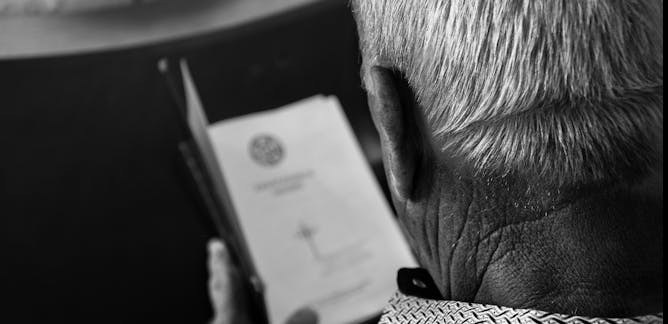
Victoria Atabakhsh, University of Waterloo
Some older adults are struggling to practise social distancing during the global pandemic, even though they're at high risk. Here's how to help them.
| |
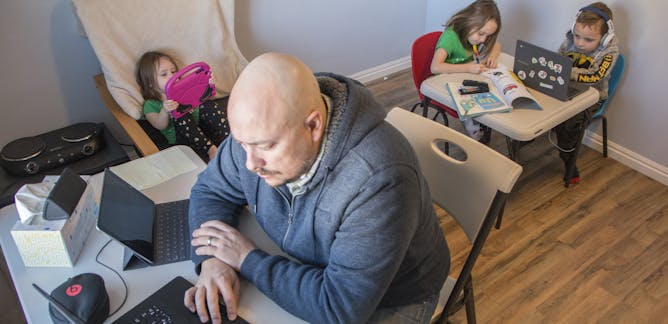
Brittany Harker Martin, University of Calgary
How does a family of five with different priorities and attention spans get work done and still have fun in the same small space?
|

Katherine Shwetz, University of Toronto
Pandemic fiction is more popular than ever -- but what these books and movies offer us isn't as straightforward as you might think.
| |
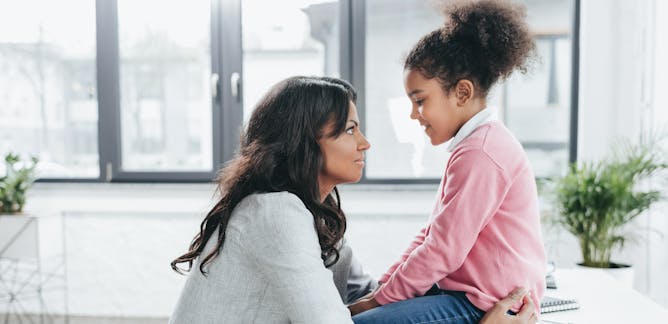
Nicole Racine, University of Calgary; Sheri Madigan, University of Calgary
It's natural for children to be aware of the stress adults may be feeling about the COVID-19 pandemic. Child psychologists offer some practical advice for parents on how to talk to their kids.
|
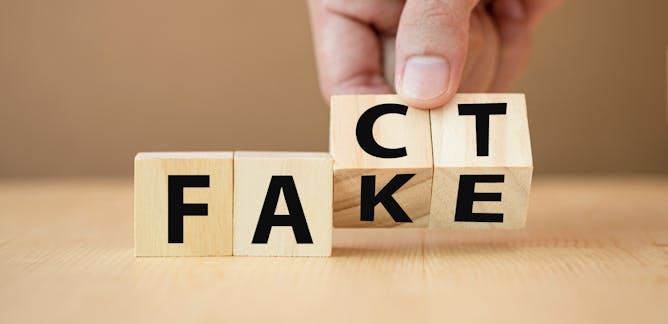
Trent Yarwood, The University of Queensland; Ben Harris-Roxas, UNSW; Daniel Reeders, Australian National University; Kathryn Snow, University of Melbourne
There's no shortage of myths, scams and spurious claims circulating about coronavirus.
| |

Xiaodan Pan, Concordia University; Benny Mantin, University of Luxembourg; Martin Dresner, University of Maryland
Amid the coronavirus pandemic, people are stockpiling essential supplies. But policy-makers may be able to influence both the supply and demand through public announcements and advisories.
|
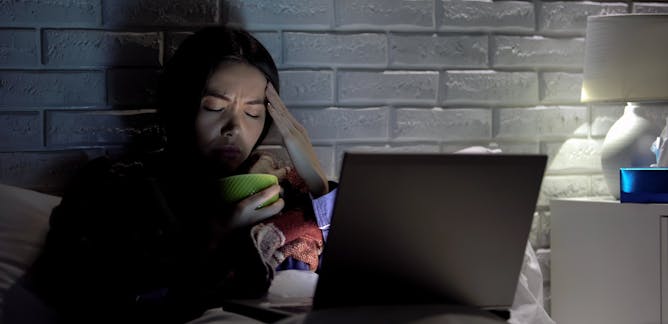
Adam Kamradt-Scott, University of Sydney
Tested positive for COVID-19 or are awaiting test results? Yes, you can go out to the garden, but you should be wearing a mask. And no, you can't walk the dog.
| |
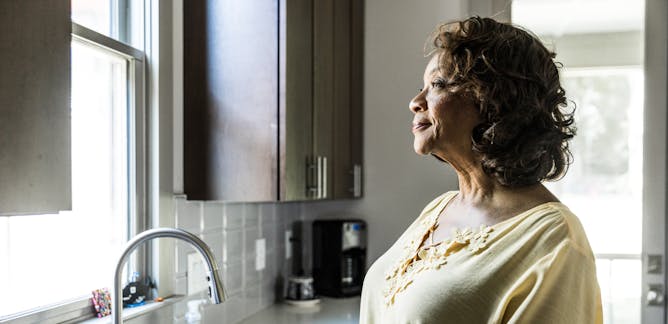
Jonathan Kanter, University of Washington; Adam Kuczynski, University of Washington
Physically isolating yourself can feel psychologically isolating too. But there are ways to maintain connections in these crazy coronavirus times.
|
|
|
| |
| |
| |
| |
| |
| |
|
|
|
|
|
|
|